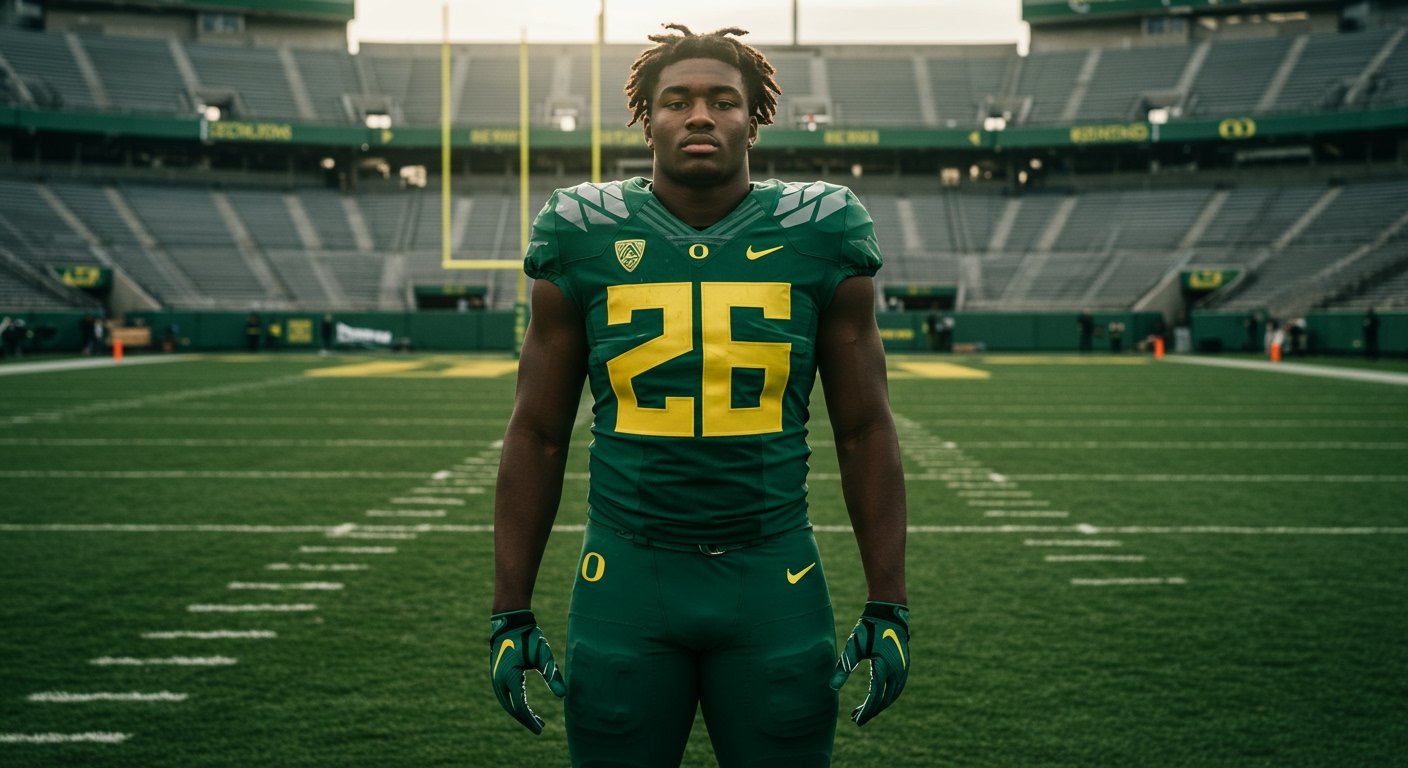In 2024, the sports landscape is experiencing a significant transformation. It’s no longer just about the highlights, scores, and championships. Today’s athletes are seizing control of their personal narratives, reshaping the way we think about competition, success, and identity. This new era of athlete empowerment isn’t confined to a single sport, but it’s being felt across the entire spectrum—from the NBA to the NFL, from tennis to track and field.
In the past, players relied heavily on traditional media to tell their stories. Sure, journalists, talk show hosts, and sports analysts have shaped how we view athletes for decades, but today, the athletes themselves are changing the script. Armed with social media, personal branding strategies, and business acumen, they are not just players—they’re CEOs, content creators, and cultural icons.
Let’s take a deeper dive into how athletes are taking control of their narrative in 2024, what it means for the sports world, and the ripple effect it’s having on fans and the industry at large.
The Social Media Revolution: Beyond the Court and Field
The explosion of social media has allowed athletes to have a direct line of communication with their fans. In 2024, players have become more than just athletes. They’re becoming influencers, activists, and creators. Look no further than LeBron James, who, even as he approaches the twilight of his playing career, remains one of the most influential voices on social media. His “More Than An Athlete” mantra resonates with fans and younger players alike. But it’s not just about inspirational quotes and viral tweets.
Athletes are using platforms like Instagram, TikTok, and YouTube to build their personal brands, showcase their personalities, and, perhaps most importantly, control their image. Gone are the days when athletes were at the mercy of what sports reporters decided to highlight. Today, players have full autonomy over the narratives they push. You see them behind the scenes—training, spending time with family, advocating for social justice causes, and building businesses. It humanizes them in ways that highlight reels and post-game interviews never could.
One standout is Naomi Osaka. The tennis star, known for her activism and mental health advocacy, has used social media to redefine what it means to be an athlete in the public eye. After stepping away from several high-profile matches in the past to prioritize her mental health, Osaka didn’t just let the media tell her story. She told it herself—on her own terms, through social media posts, interviews, and documentaries. As a result, she has become an inspiration for a generation of athletes who now realize that mental wellness is as critical as physical training.
Business Ventures: Athletes as Entrepreneurs
It’s not just social media where athletes are flexing their power. They’re also diving headfirst into the business world, shifting the focus from sponsorships and endorsements to ownership and entrepreneurship.
Take Kevin Durant, for example. Not only is he one of the top players in the NBA, but Durant has also proven himself as a savvy investor. His company, Thirty-Five Ventures, has invested in numerous businesses across industries, from tech startups to production companies. By building a portfolio off the court, Durant has effectively positioned himself as more than just a basketball player. He’s a businessman with an eye on long-term success beyond his playing years.
Similarly, Patrick Mahomes of the Kansas City Chiefs is no stranger to the entrepreneurial game. In addition to being one of the best quarterbacks in the NFL, Mahomes has ownership stakes in several professional sports teams, including a minority stake in the Kansas City Royals. His moves signal a shift in how athletes view wealth-building. The old formula of playing, earning, and retiring is being replaced with diversified portfolios, ownership, and post-career financial stability.
The desire for ownership is part of a growing trend among athletes in 2024, as players seek to gain more control over their careers and financial futures. They’re not just looking for paychecks—they’re looking for seats at the decision-making table.
Activism in Sports: Athletes Using Their Platforms for Change
Perhaps one of the most profound shifts in the sports world is the rise of activism among athletes. From the Black Lives Matter movement to climate change advocacy, sports stars are using their platforms to address global issues, leveraging their influence to push for change both inside and outside the sporting arena.
Colin Kaepernick may have been the face of athlete activism in 2016 when he knelt during the national anthem to protest police brutality, but in 2024, that spirit of activism is even more widespread. Kaepernick’s bold statement laid the groundwork for athletes across all sports to be more vocal about issues they care about. Now, players are unapologetically bringing politics, social justice, and personal beliefs into their sport.
Megan Rapinoe, a soccer star and LGBTQ+ advocate, has also been at the forefront of this movement. Her fight for gender pay equality in sports has spurred a broader conversation about fairness and compensation, not just in women’s soccer but in sports globally. Rapinoe’s efforts, along with those of countless other athletes, have drawn attention to the financial disparity between men and women in professional sports.
In 2024, athlete activism is no longer seen as a distraction—it’s celebrated as an essential part of the sports ecosystem. Players are proving that they’re more than just entertainers—they are leaders with the power to inspire change on a global scale.
The Athlete Media Empire: Creating Their Own Networks
Athletes aren’t just content with posting on social media—they’re creating entire media empires. From podcasts to production companies, players are building their own content ecosystems, further asserting control over their image and career trajectory.
Take Draymond Green, for instance. The Golden State Warriors’ forward has his own podcast, “The Draymond Green Show,” where he discusses everything from basketball to pop culture. Green’s podcast isn’t just a hobby; it’s a media platform where he can share his unfiltered thoughts, providing fans with insights they won’t find in mainstream outlets. Green is among a growing group of athletes who are realizing the power of creating their own content, thereby bypassing traditional media altogether.
Similarly, LeBron James’ media company, SpringHill Entertainment, has produced films, TV shows, and documentaries, further cementing James as a force beyond the basketball court. From “Space Jam: A New Legacy” to the critically acclaimed “Shut Up and Dribble” series, LeBron is using his platform to amplify voices, stories, and causes that matter to him.
The Ripple Effect: Fans, Brands, and the Future of Sports
As athletes continue to take control of their narratives, the sports industry itself is evolving. Fans are no longer just spectators—they’re part of the conversation. Social media allows for real-time interactions between fans and athletes, creating a new level of engagement. This shift has also led to changes in how brands and sponsors approach partnerships with athletes.
Companies today are more interested in an athlete’s personal brand than ever before. A player’s social following, activism, and entrepreneurial ventures are as important as their on-field performance when it comes to endorsement deals. Brands are now looking for athletes who align with their values and can help amplify their message, not just by wearing a logo on their jersey but by actively engaging with consumers through their platforms.
So, what does the future hold for sports in this new era of athlete empowerment? The answer is simple: it’s going to be more dynamic, more engaging, and more influential than ever before. The days of athletes being confined to their sport are long gone. In 2024, they’re leaders in every sense—both on and off the field. Whether through social media, activism, business, or their own media ventures, athletes are writing their own stories, and the world is paying attention.
The future of sports isn’t just about the next big game—it’s about the players who are redefining what it means to be an athlete in the 21st century. And in this new world, the ball is firmly in their court.




